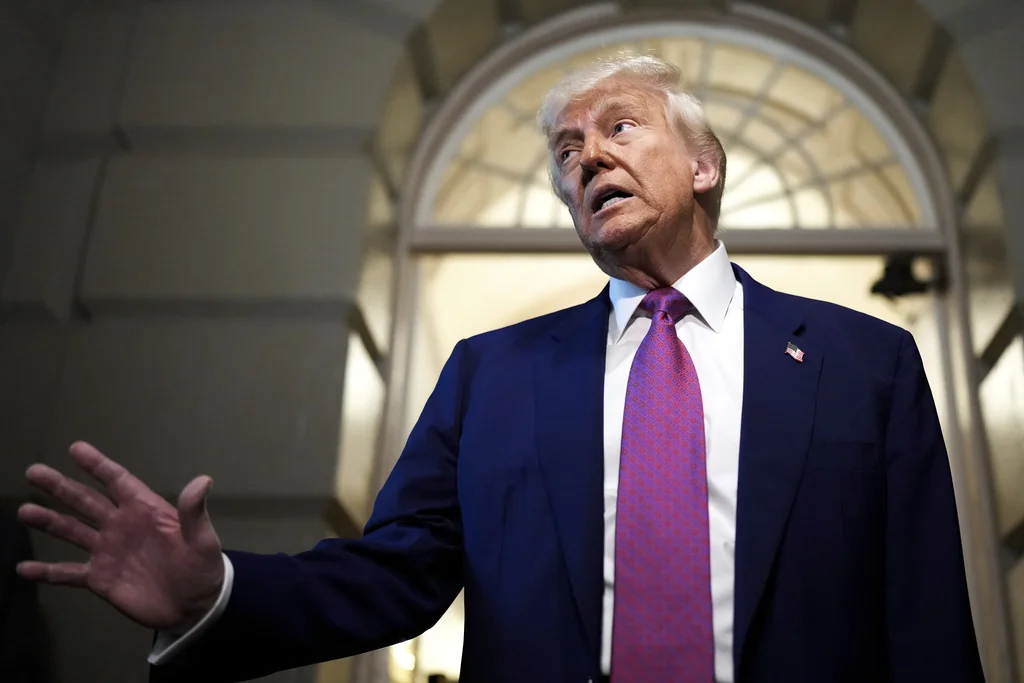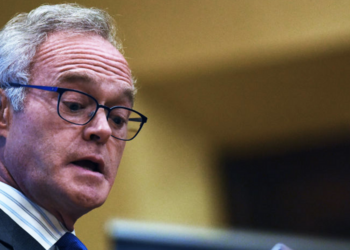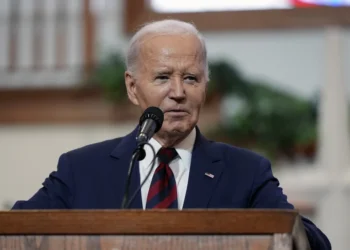Wall Street began the stock trading day trending upwards hours after a federal trade court blocked President Donald Trump’s sweeping “Liberation Day” tariffs, but quickly leveled out.
The Dow Jones Industrial Average and S&P 500 saw slight gains of less than 100 points Thursday morning, while the Nasdaq Composite increased by over 190 points early in the trading day. Less than an hour after opening, the Dow dropped back down, and the other gains also diminished.
The markets opened hours after the U.S. Court of International Trade issued a decision blocking Trump’s global tariffs implemented in early April. Although conditions have since stabilized, the stock market plunged the day after Trump unveiled the “Liberation Day” tariffs on April 2, resulting in a $3.1 trillion loss in market value and sparking concerns that a global recession was coming.
Trump argued that tariffs were necessary to force countries to the negotiating table and make fairer trade deals with the United States. Critics said protectionist policies would stifle competition and raise prices for goods and services.
Several world leaders have collaborated with Trump to renegotiate trade agreements and lift tariffs, with deals from China and the United Kingdom among the most prominent agreements reached by the White House. Since April, the president has lifted steep tariffs placed on a number of countries, although a baseline 10% tariff has remained in place.
Trump responded to critics on Wednesday who had termed his trade strategy “Trump always chickens out,” or TACO.

TRUMP PUSHES BACK ON CHARACTERIZATION OF ‘TACO’ STRATEGY: ‘IT’S CALLED NEGOTIATION’
“We have the hottest country anywhere in the world … Six months ago, this country was stone-cold dead. We had a dead country. We had a country, people didn’t think it was going to survive, and you ask a nasty question like that,” the president said.
“It’s called negotiation. You set a number. And if you go down, if I set a ridiculous high number and I go down a little bit, a little bit, they want me to hold that number, 145% tariff. Even I said, ‘Man, that really got up,’” he continued, saying he brought the number down after negotiations.
















